Cancer discovery news
Our researchers are making the discoveries that defeat cancer. Read the latest findings from our world-leading research.
Visit our main news hub to read about news on new funding, our fundraising activities and much more. If you want to keep updated on our news, you can follow us on social media or sign up for our Search newsletter.
If you’re a journalist and want to find out more, you can contact our media relations team.
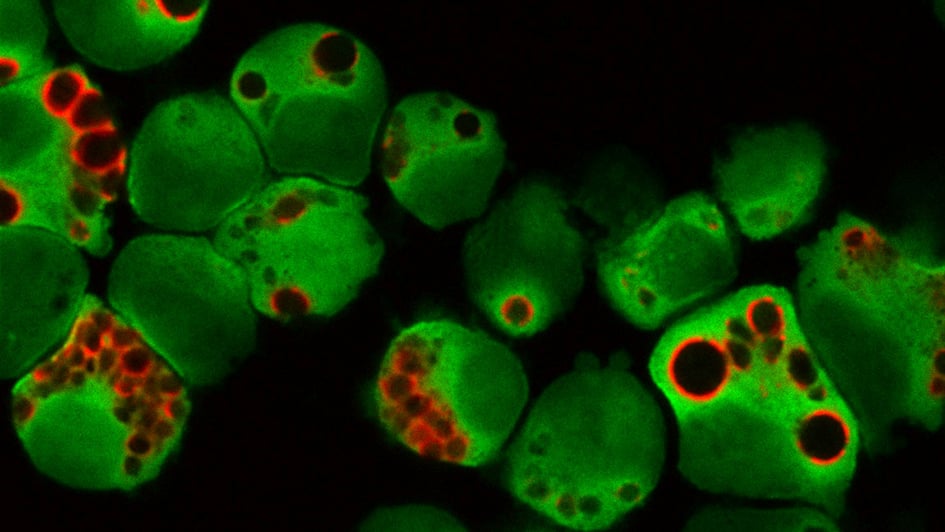
Blood cancer patients should be offered genetic testing to spot ‘double hit’ high-risk cases earlier
Offering extended genetic testing to patients with the blood cancer myeloma would help doctors spot those with the most aggressive forms of the disease so that their cancer can be targeted more effectively, say scientists from The Institute of Cancer Research, London.
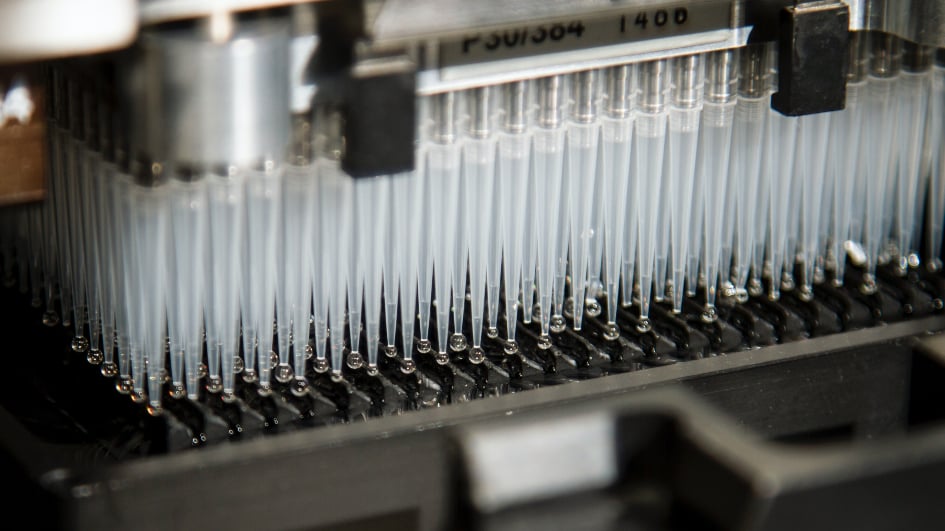
Simple blood test could lead to smarter, kinder treatments for childhood cancers
Institute of Cancer Research scientists have developed a simple blood test that will help them better understand children’s cancers - and pave the way for new targeted and less toxic treatments.

Scientists discover the ‘roadmap’ that aggressive cancer uses to spread around the body – identifying ways to block its escape
Scientists have discovered a new way to predict which tumours will become aggressive before they metastasise and spread around the body.
.png?sfvrsn=110bfd2c_1)
New data tool could bring RNA sequencing into standard clinical practice, improving diagnosis and treatment
Researchers have developed a new tool that could help clinicians diagnose the most common type of breast cancer more accurately and make better treatment decisions.
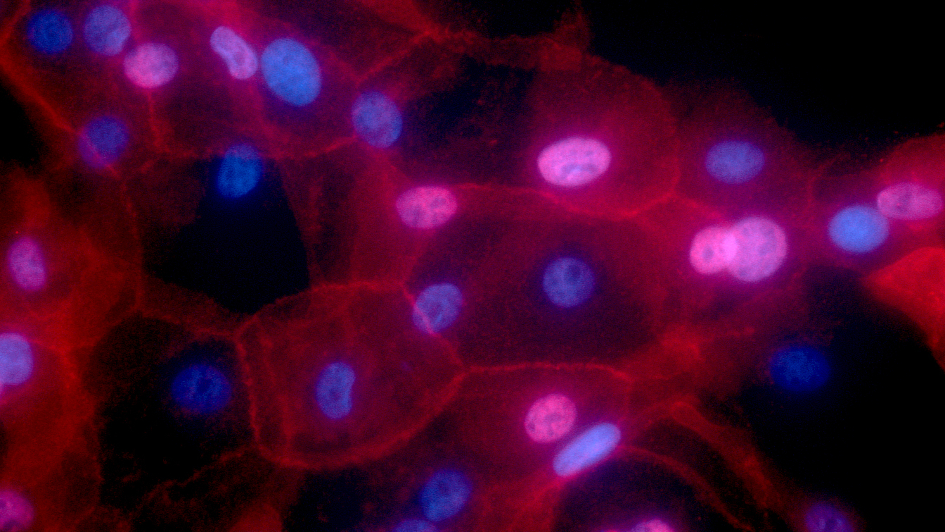
Breast cancer risk model provides reassuring data for those with family history of disease after short-term HRT use
Hormone replacement therapy taken at age 50 for up to 5 years only modestly increases the risk of breast cancer, even for women with a strong family history of the disease, according to a new risk model published in the British Journal of General Practice.
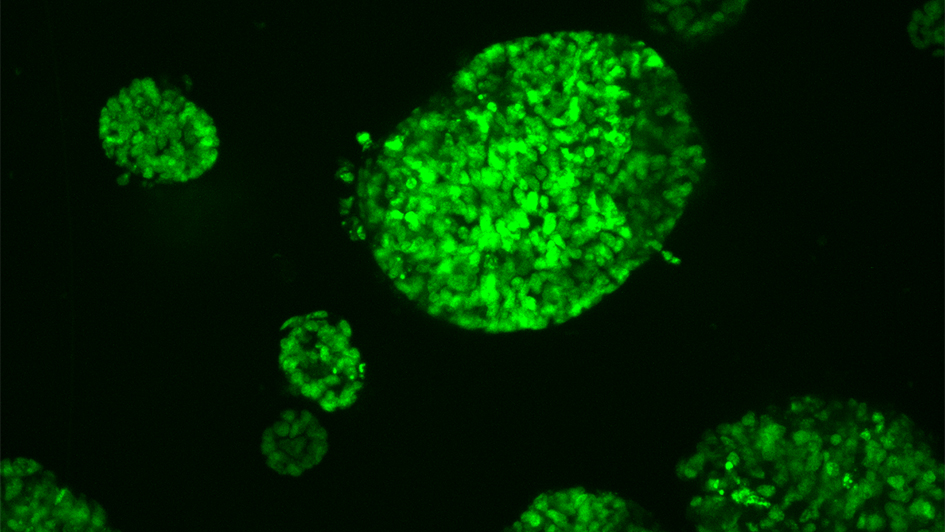
Scientists create new way to predict bowel cancer risk in people with inflammatory bowel disease
Scientists at The Institute of Cancer Research, London, have found a way to identify people with inflammatory bowel disease (IBD) who are at the highest risk of developing bowel cancer.
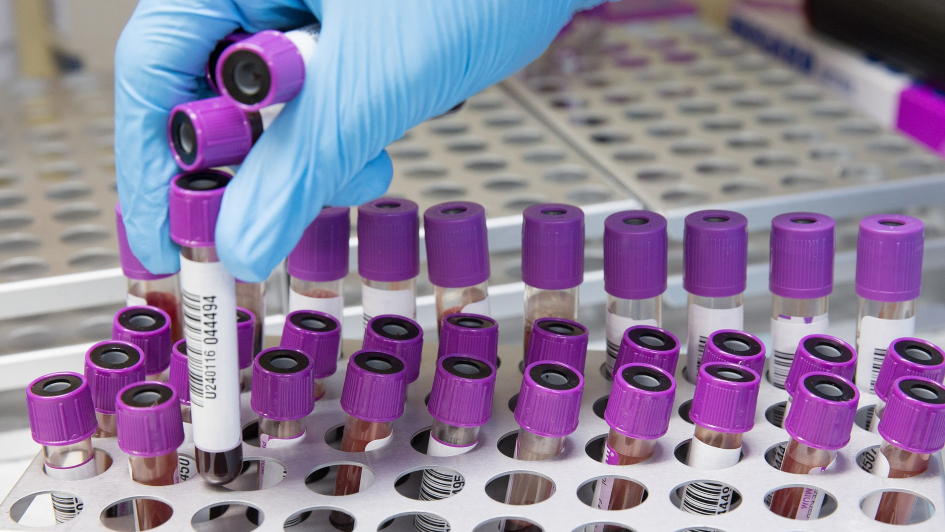
Genetic testing for Lynch Syndrome prevents cancers being missed
Genetic testing to identify women with Lynch Syndrome is likely to need to increase dramatically to ensure that carriers are not missed, a new analysis by ICR researchers has found.
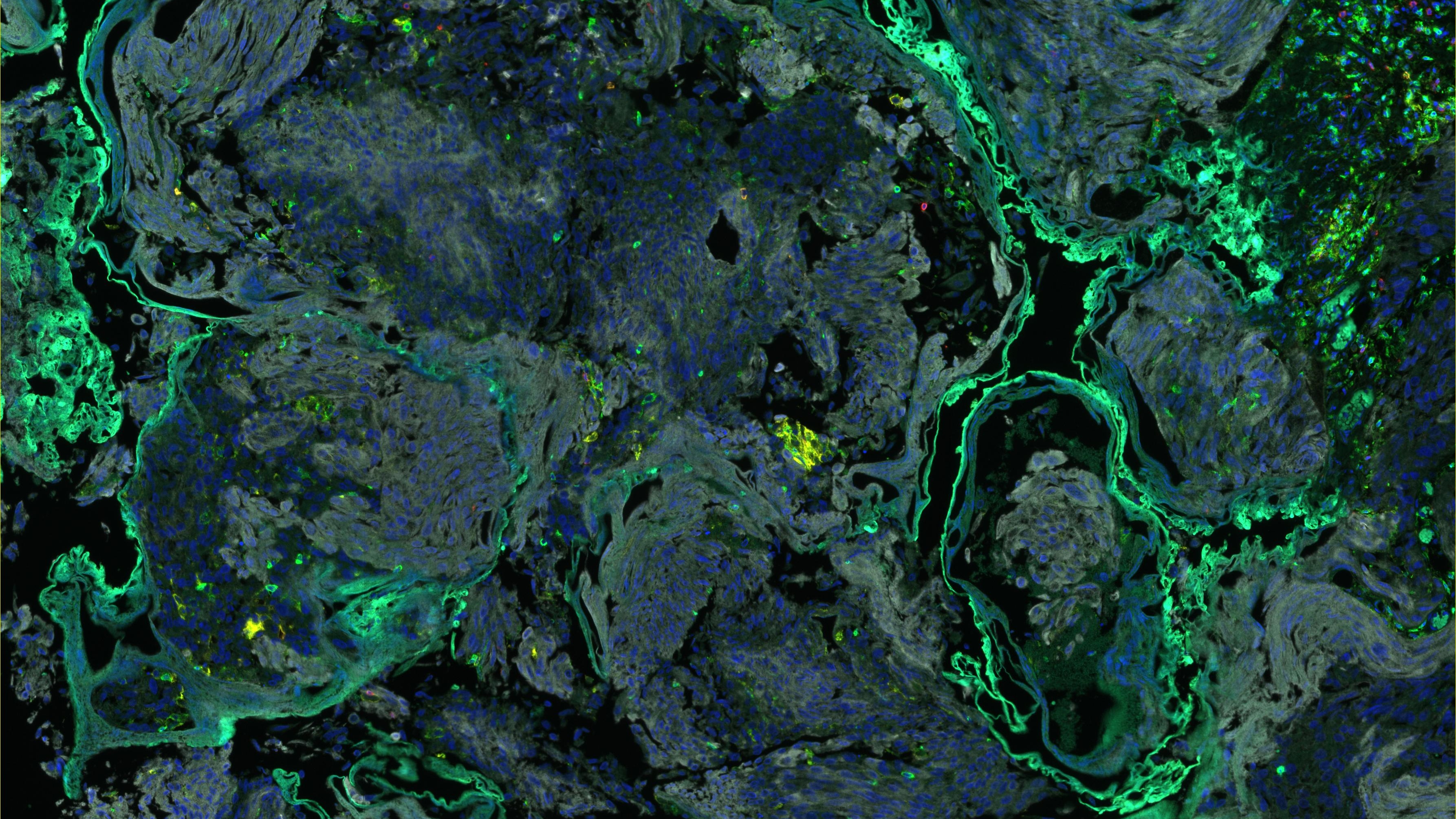
MRI scanning and biopsy could reduce delays in the correct treatment for bladder cancer by more than six weeks
Patients with a common aggressive type of bladder cancer could get correct treatment significantly quicker as new research suggests that initial MRI imaging and biopsy could be used to reduce the time patients wait.
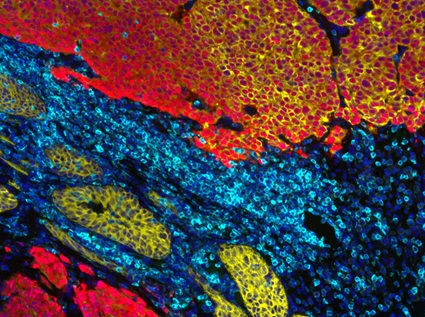
New drug hope for prostate cancer patients
Prostate cancer that has become resistant to hormone therapy could be treated using a new drug that is currently in clinical trials for ovarian and bile duct cancer, according to research published in the journal Clinical Cancer Research.
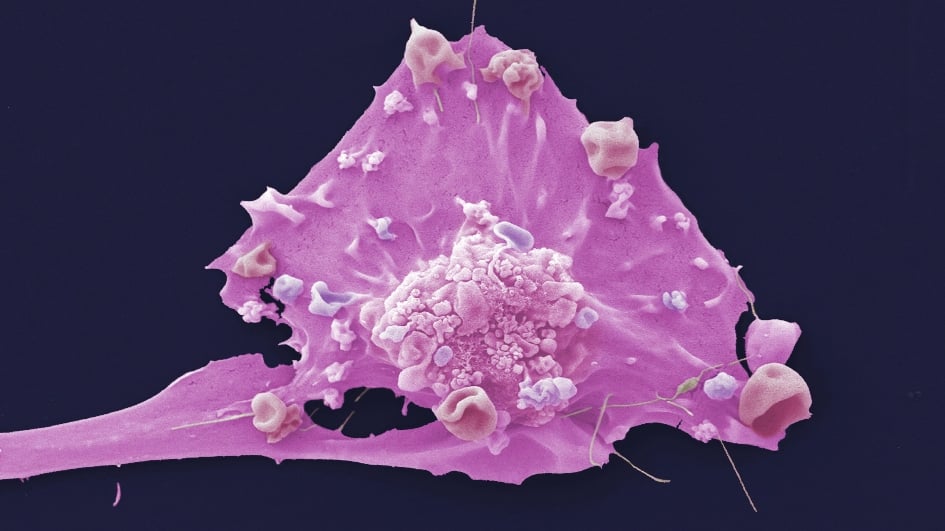
Major trial shows prolonged benefit of olaparib in early-stage inherited breast cancer
One year of treatment with the targeted drug olaparib improves long-term survival in women with high-risk, early-stage breast cancer with mutations in BRCA1 or BRCA2 genes, new results from a major clinical trial show.
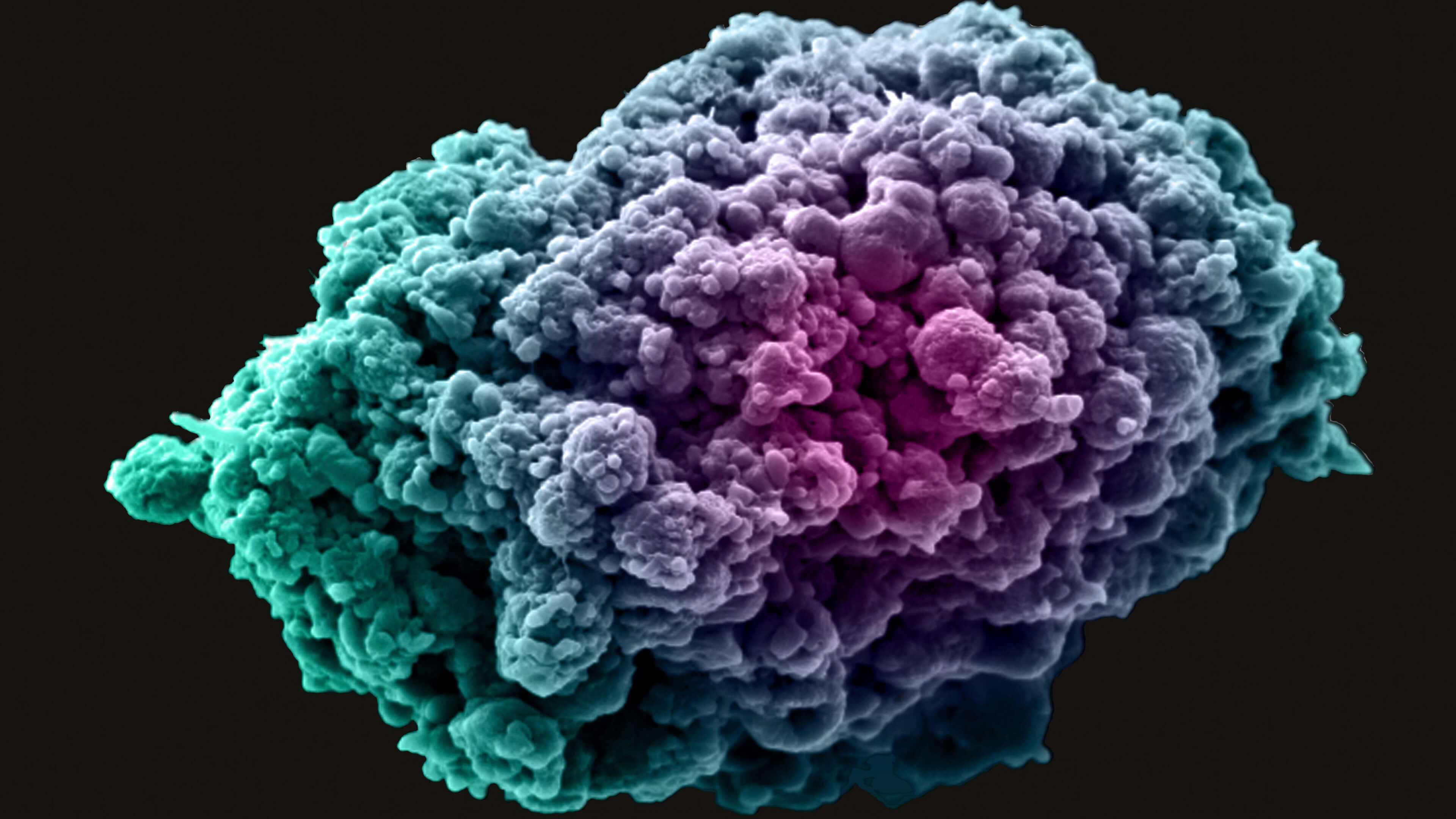
New understanding of aggressive form of breast cancer paves the way for tests and treatments
Scientists have developed a machine learning tool that can predict how an aggressive type of breast cancer will respond to treatment, and when it will return.
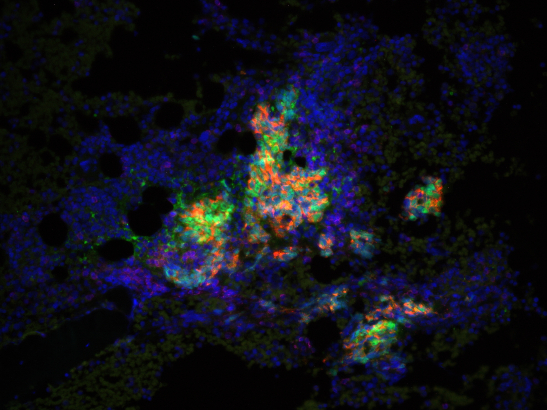
Scientists can predict how long prostate cancer patients will respond to olaparib
Scientists have worked out a way of predicting how long a prostate cancer patient will continue to respond to the PARP inhibitor drug, olaparib, according to new research published in the journal Cancer Cell.